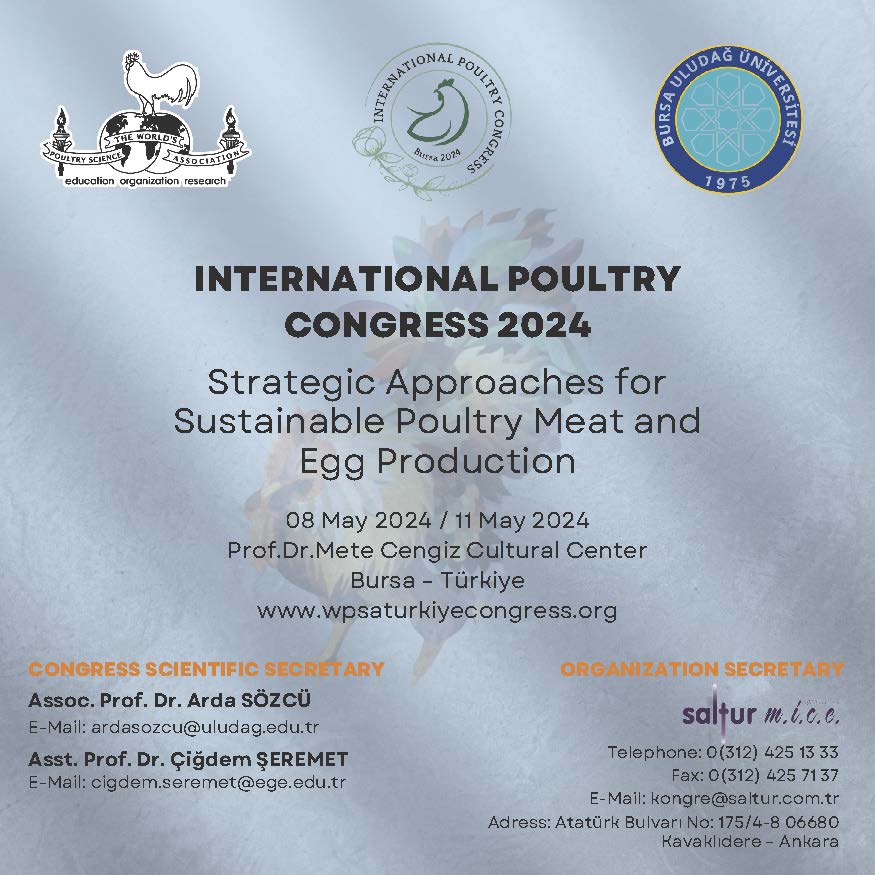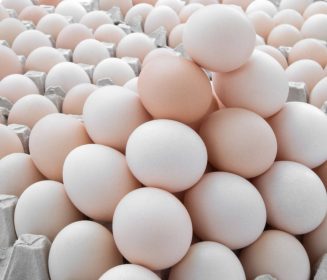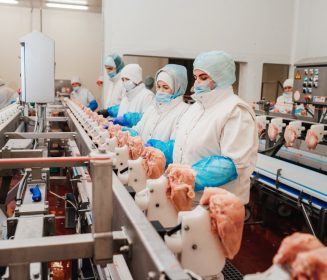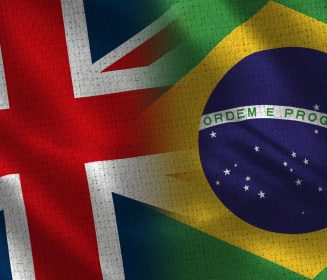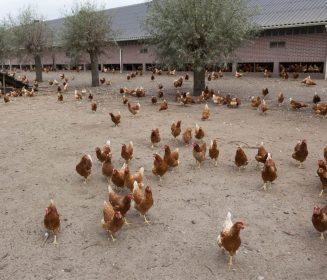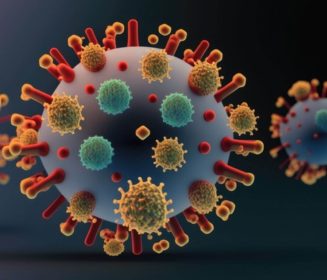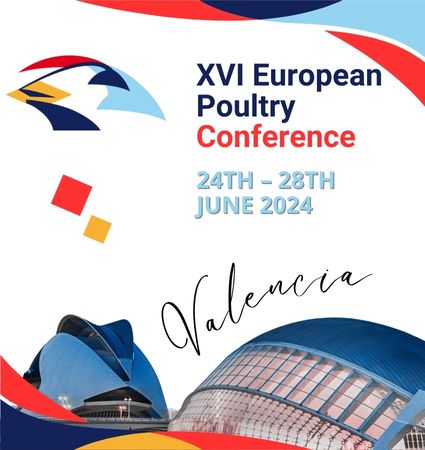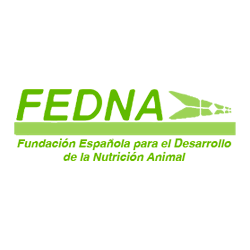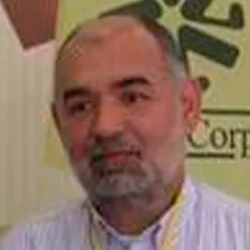Currently, it remains unclear how Saudi Arabia will meet poultry consumption since it relies heavily on imports. Unfortunately, the United States will not be able to export to Saudi Arabia as long as the country maintains its strict ban against stunning during the poultry slaughtering process.
How does Saudi Arabia plan to expand poultry production?
Contenido disponible en: العربية (Arabic)Over the past two months, the Saudi poultry market has presented drastic changes that directly affect […]
Over the past two months, the Saudi poultry market has presented drastic changes that directly affect the imports of poultry products. With these measures, Brazil is the most affected country with the suspension of 11 poultry plants that represent around 60 percent of Brazil’s chicken meat exports to Saudi Arabia. Some other countries like France and Ukraine were also banned by the Saudi Food and Drug Administration (SFDA) due to bird flu outbreaks presented early this year.
On May 5, 2021, three of the biggest Brazilian poultry companies, as well as poultry importers, received with surprise the suspension by the Saudi government of 11 poultry meat exporting facilities.
The three Brazilian poultry companies that are affected by the import ban are JBS, Vibra Group (Tyson Foods owns 40 percent), and Agroaraca Industria De Alimentos Ltda (Nicolini).
According to the last GAIN report from the U.S. Department of Agriculture (USDA), JBS is the hardest hit company in the Middle East because of the volume of exports lost to Saudi Arabia. So far, the Saudi government has indicated that the ban is due to contamination reports. However, no recalls on poultry products have been issued. Moreover, the SFDA has tightened the requirements for poultry meat and fish/seafood imports, limiting the licenses to six months. Said another way, any company willing to export these products to Saudi Arabia must file a request and, after approval, must renew the license every six months.
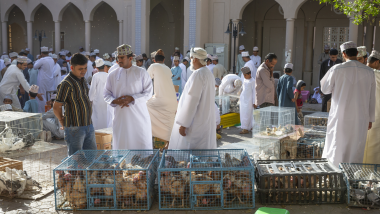
With the Saudi Vision 2030 program in mind, the government is encouraging local growers to increase poultry production to meet the Kingdom’s poultry consumption needs.
The Saudi Vision 2030 is a strategic framework proposed in 2016 by Prince Mohammed bin Salman, Crown Prince, aimed at reducing the Kingdom’s dependence on oil and diversify its economy. The Ministry of Environment Water and Agriculture (MEWA) expects local production to account for 80 percent by 2025 and 100 percent by 2030.
Therefore, analysts suggest that the ban imposed on Brazilian companies is
TO CONTINUE READING REGISTER IT IS COMPLETELY FREE
Access to articles in PDF
Keep up to date with our newsletters
Receive the magazine for free in digital version
REGISTRATION
ACCESS
YOUR ACCOUNT
LOGIN
Lost your password?



